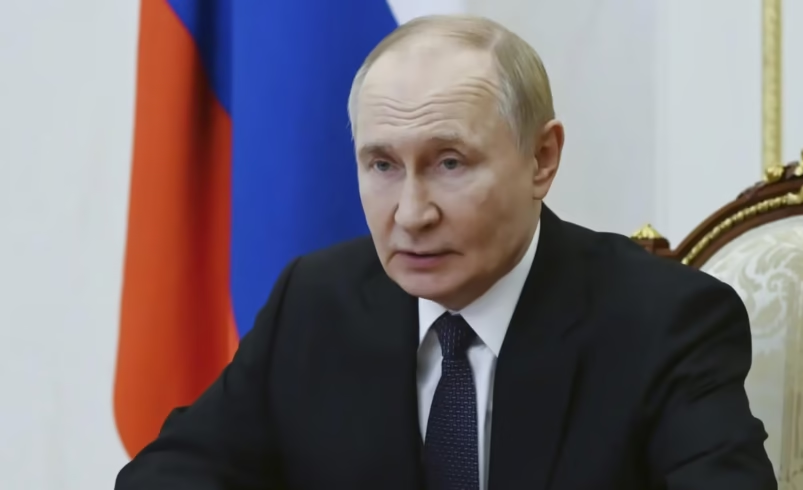Putin Condemns Western Sanctions, Praises China Ties
- August 30, 2025
- 0

Russian President Vladimir Putin has openly criticized Western sanctions, labeling them as discriminatory and harmful to Russia’s economy. As he prepares for an upcoming visit to China, Putin emphasized the negative impact these sanctions have had, particularly in light of the ongoing conflict in Ukraine and the resulting trade restrictions.
The sanctions imposed by Western nations have significantly affected Russia’s economic stability. According to Putin, these measures have exacerbated the country’s recession, making it challenging for Russia to recover economically. The sanctions target various sectors, including finance, energy, and defense, which are crucial to Russia’s economic infrastructure.
In response to these challenges, Putin has turned towards strengthening ties with China. He praised the growing partnership between the two countries, highlighting increased trade and cooperation across multiple sectors. This collaboration is seen as a strategic move to counterbalance the effects of Western sanctions and foster economic growth.
A significant aspect of the Russia-China partnership is their focus on conducting transactions in their national currencies—rubles and yuan. This approach aims to reduce dependency on the US dollar and mitigate the impact of Western financial restrictions. By promoting trade in local currencies, both nations seek to establish a more resilient economic framework.
Both Russia and China have consistently rejected what they perceive as discriminatory trade practices imposed by Western countries. They argue that such measures are not only unfair but also detrimental to global economic stability. By advocating for fair trade practices, Russia and China aim to create a more balanced international trade environment.
The growing alliance between Russia and China could have significant implications for global trade dynamics. As both countries work together to circumvent Western sanctions, they may inspire other nations facing similar challenges to explore alternative economic partnerships. This shift could potentially alter existing trade patterns and influence international relations.